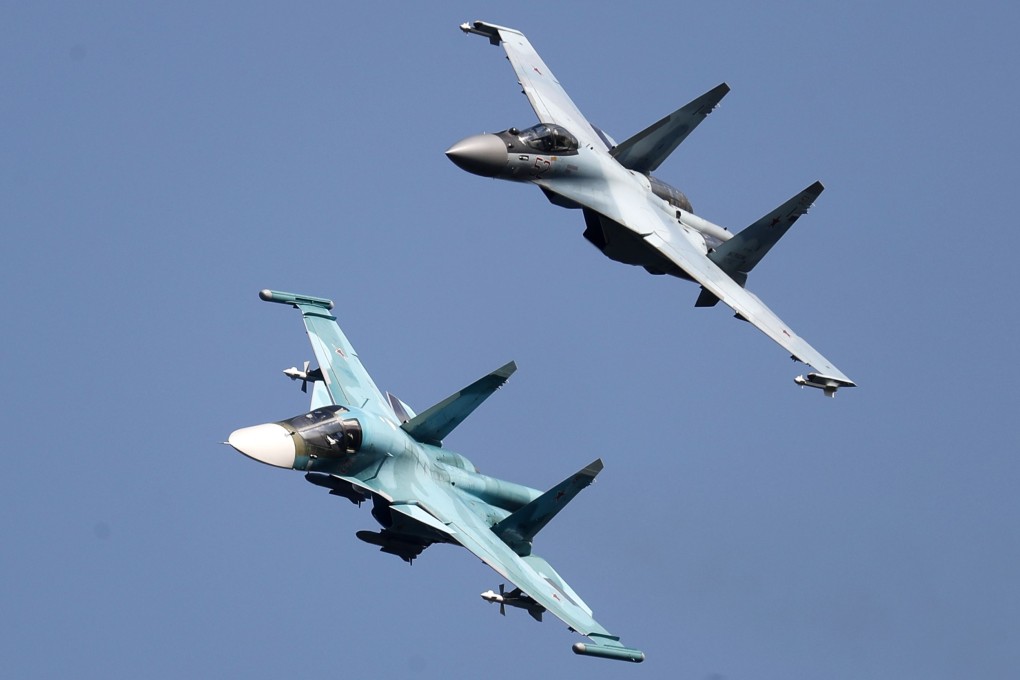Weapons and wheat: Russia and its ‘oversized’ influence in Africa
- Russia is a trading minnow on the continent compared with China but its exports play a big part in many African countries
- Moscow has been the biggest arms seller in the region for more than a decade, propping up regimes on Nato’s southern flank, analysts say

While many voted in favour of the resolution, about half of the African countries abstained, reflecting the influence Russia has on the continent.
Despite being a small economic player in Africa compared to other countries such as China, Russia has political, military and resource ties with the continent that have a direct effect on life in African countries, observers say.
Joseph Siegle, research director for the Africa Centre for Strategic Studies at the National Defence University in Washington, said the UN vote overwhelmingly condemned Russia, and the invasion had been clearly denounced by the African Union, the Economic Community of West African States, and leading democracies including Kenya, Ghana, South Africa, and Nigeria.
“So, openly collaborating with Russia for the near future will carry significant reputational costs. As the human costs from Russia’s unprovoked war mount, ties with Russia will become even more problematic,” Siegle said.
